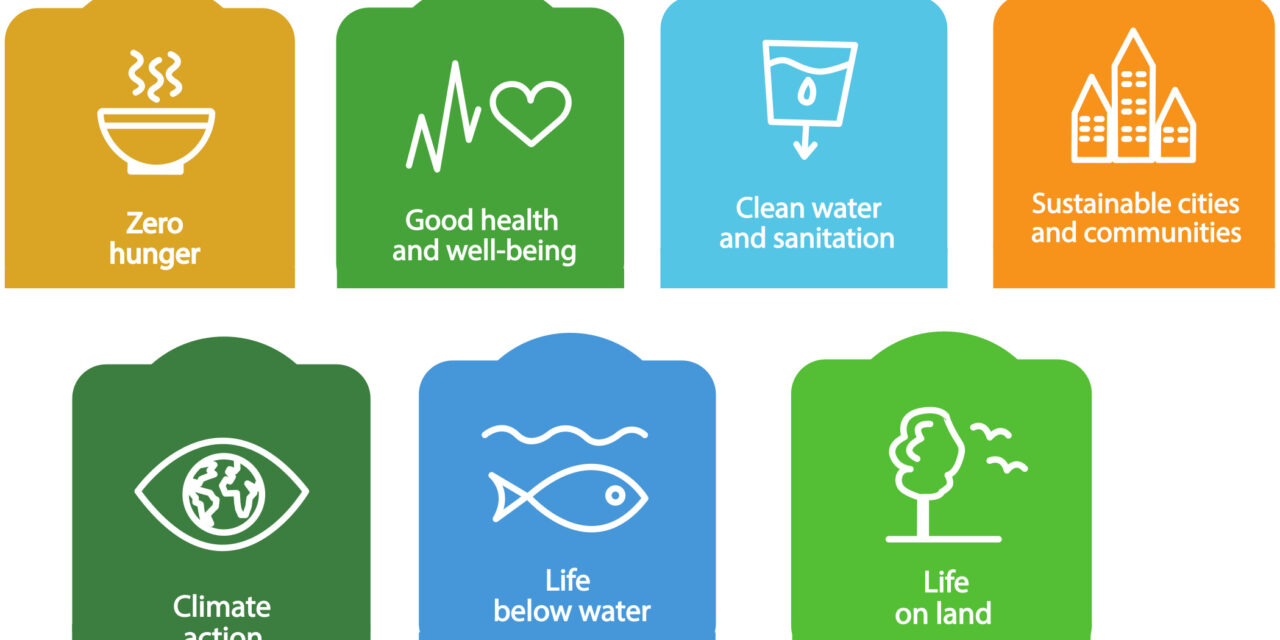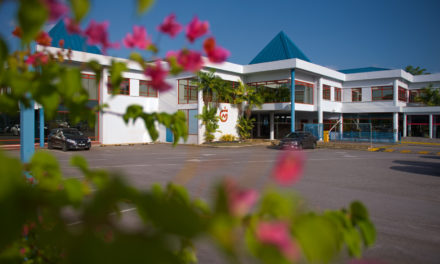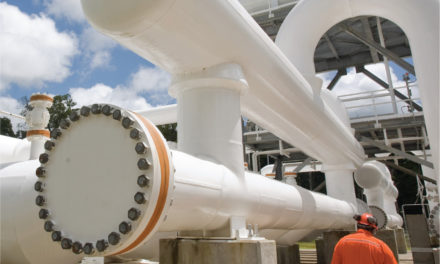In sustainable development discourse, forests are most often discussed in the context of carbon capture and storage strategies. Photosynthesis converts carbon dioxide into building blocks for plant tissue, actively sequestering carbon into plant biomass. The world’s forests, therefore, serve as massive vaults for carbon, and crucial bastions of climate stability.
While indisputably important, however, the carbon storage potential of forests is but one of the features that make them valuable in the quest for sustainable development. The United Nations Sustainable Development Goals (SDGs) cover a range of environmental, societal, governance, and humanitarian concerns, all integral to the future we envision for our planet. Although forests are explicitly tied to one of those goals, these ecosystems can directly, and indirectly, support the achievement of other sustainability targets associated with health, food security, and economic diversification.
After managing a 315 hectare reforestation exercise, The National Gas Company of Trinidad and Tobago Limited (NGC) is today looking to leverage that versatility of forests to support sustainability more holistically, through an extension of its project into a broader programme called ‘Beyond 315’.








